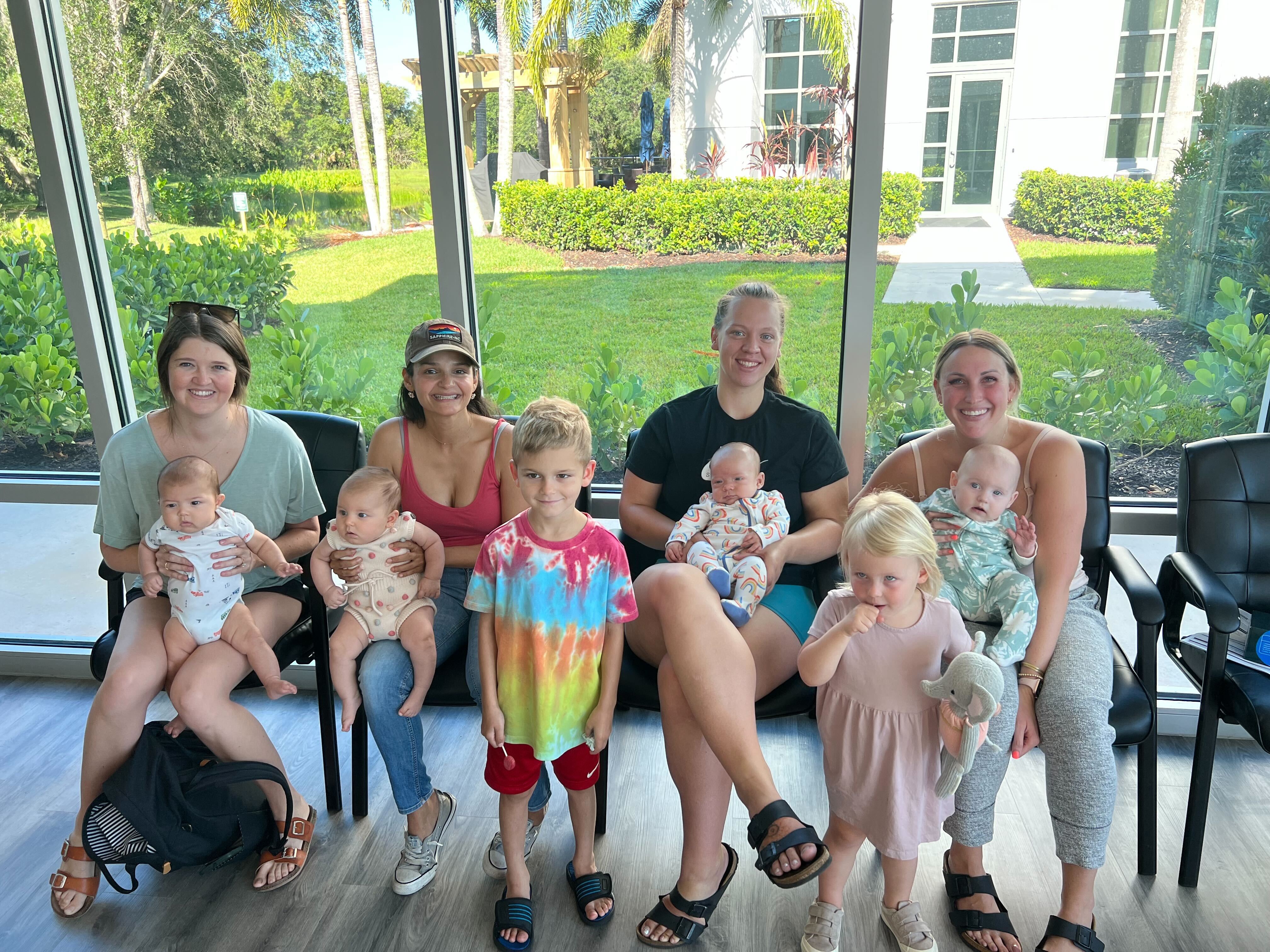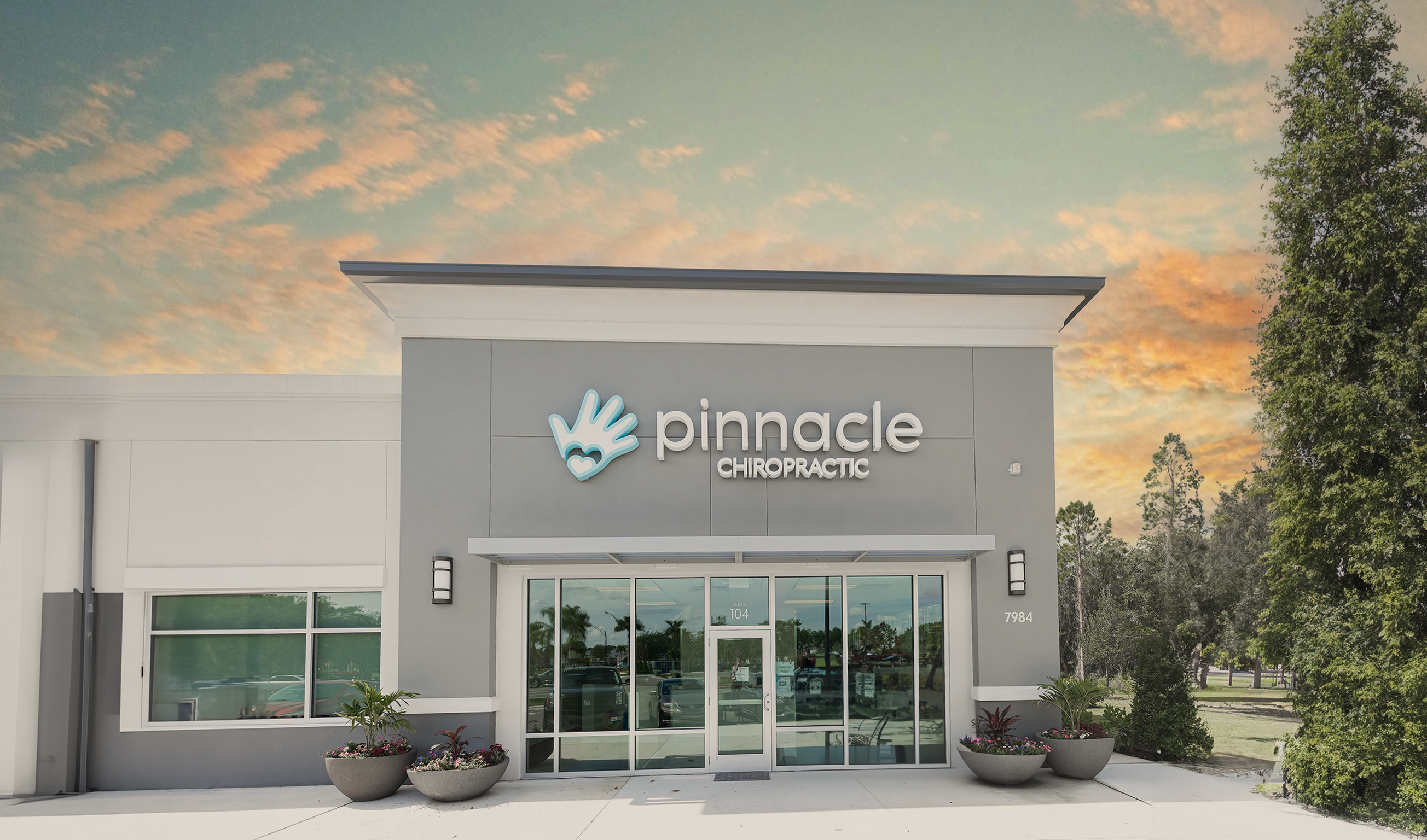Early Morning: Grounding in Our Core Values
The day in Lakewood Ranch starts quietly. Before the first family arrives, the doctors at Pinnacle review the schedule—not as a list of names, but as stories. A newborn working through reflux. A toddler who hasn’t slept well. A grade-schooler struggling to focus in class. Each child carries a unique nervous system pattern—and a powerful capacity to heal.
How We Prepare Before the First Appointment
- Connection & Love: We reread case notes and parent intake forms to make sure every conversation starts with you feeling seen and heard.
- Family: Siblings, caregivers, and routines matter. We note what’s happening at home so our guidance actually fits your life.
- Pinnacle Potential: We look at prior scan results and progress to set clear, attainable goals for the next stage of your child’s care.
- Fun: Lights are softened, toys tidied, music set. A calm, playful environment helps little nervous systems shift out of stress.
What This Means for Your Family Today
When you walk in, the team already understands your child’s story, the day’s priorities, and how to make this visit meaningful—clinically and emotionally.
Morning Appointments: Where Nervous System Care Begins
The morning energy is hopeful. Families from Lakewood Ranch, Bradenton, and Sarasota arrive ready for answers that make sense and a plan that brings peace.
Infants: Feeding, Reflux, and Sleep—Gently Calming the Transition from Womb to World
Even smooth births can leave tension patterns in a baby’s neck, shoulders, and cranial nerves. That strain can keep the nervous system stuck in “go mode,” making latch, digestion, and sleep more difficult.
Brooks’ story (newborn, reflux): Brooks was spitting up after almost every feeding. His parents were exhausted and worried. After a series of gentle, dime-pressure adjustments and nervous-system-calming home routines, feeds became smoother, spit-ups decreased, and the whole house began sleeping better.
What Parents Typically Notice After 4-8 Visits
- Easier latch and less gulping/air intake
- Fewer spit-ups and calmer burps
- Longer, more settled stretches of sleep
- A happier, more relaxed baby (and parents)
Toddlers: Big Feelings, Busy Bodies, and Milestones
Toddlers are in overdrive by design—but when the “gas pedal” (sympathetic) is stuck on, naps, digestion, and behavior can suffer.
Jaxon’s story (age 2, sleep & regulation): Jaxon hadn’t slept through the night since infancy. Within a few weeks of gentle, specific adjustments, his nervous system found the “brake pedal” (parasympathetic) again. He started sleeping through the night, tantrums decreased, and family evenings felt fun instead of frazzled.
Simple Home Supports We Pair with Care
- Predictable wind-down routines (dim lights, slow breathing, gentle vestibular play)
- Floor time that promotes natural movement patterns and reflex integration
- Nervous-system-friendly snack and hydration habits
School-Age Kids & Young Athletes: Focus, Growing Pains, and Performance
Grade-schoolers need a flexible nervous system to switch between alert and calm. When that switch is “sticky,” focus, sleep, and comfort drop.
Emma’s story (age 7, sleep & focus): Emma was “always on edge.” Gentle adjustments helped her shift out of fight-or-flight. Within weeks, she slept through the night, teachers reported better attention, and her joyful personality resurfaced.
Holden’s story (age 10, soccer hip pain): Repetitive play had created tension patterns that limited Holden’s stride. Specific adjustments restored motion, his pain lifted, and his confidence on the field came roaring back.
How We Partner with Your Child’s Team
We coordinate (with your permission) with teachers, coaches, OT/PT/SLP to align strategies. When the nervous system is regulated, every therapy and tool works better.
Midday: Empowering Parents Through Clear, Compassionate Education
Midday is often when “lightbulb moments” happen. We translate complex neurology into parent-friendly language so you can spot patterns and support your child between visits.
The “Gas vs. Brake” Analogy Parents Love
Think of your child’s autonomic nervous system like a car:
- Gas pedal (sympathetic): go, alert, defend—awesome for sprints, not for all day.
- Brake pedal (parasympathetic): rest, digest, grow—vital for sleep, focus, and healing.
When kids get stuck with too much gas and not enough brake, you’ll see poor sleep, digestive upsets, emotional meltdowns, and trouble focusing. Care helps them shift gears again.
What Your Child’s Plan Looks Like (Measure → Listen → Customize)
- Measure: We use INSiGHT® scans to map stress, tension, and dysregulation patterns.
- Listen: Birth story, milestones, behaviors, wins, and worries—your perspective guides us.
- Customize: Gentle, age-specific adjustments and simple home strategies that fit your family’s rhythm.
Afternoon Sessions: Complex Cases and Breakthrough Moments
Afternoons often bring the toughest cases—kids who’ve “tried everything.”
When Many Therapies Haven’t Stuck
Michele’s daughter (developmental delays): After years of stalled progress, consistent nervous system–based care helped her daughter cross long-awaited milestones—steadier balance, clearer speech, and new confidence. “It felt like a light turned on,” Michele said through tears of relief.
Why Collaboration Multiplies Results
We happily coordinate with your child’s therapists and pediatrician. When the nervous system is calmer and better organized, OT, PT, and SLP gains accelerate—because the brain-body is finally ready to learn.
Understanding the Science: Why Gentle Nervous System Care Works
The Developing Nervous System: A Garden Growing Fast
Childhood is a season of rapid wiring. If spinal segments aren’t moving well (subluxations), it’s like dimming the signal between brain and body—a “dimmer switch” turned down on coordination, digestion, immune tone, and calm.
Recognizing Fight-or-Flight in Kids
- Restless sleep, “wired and tired” evenings
- Reflux/constipation or picky, anxious eating
- Big feelings, meltdowns, or sensitivity to noise/touch
- Trouble shifting from play to focus (or back again)
The Body’s Innate Wisdom
Gentle, specific adjustments don’t force the body; they remove interference so your child’s built-in healing can express itself more fully. Kids change fast because their systems are designed to adapt.
Safety & What a Pediatric Adjustment Feels Like
- No cracking or twisting—ever for infants and toddlers
- Pressure no heavier than a dime
- Techniques and checkpoints tailored to age and size
- Doctors trained in pediatric care through ICPA and PXDocs
Evening Reflections: Connection, Love, Family, Pinnacle Potential, and Fun—Lived Out Daily
As the office quiets, the team reflects on the day’s wins: a baby who finally nursed in comfort, a toddler who napped, a student who focused, an athlete who played pain-free. These aren’t just clinical improvements—they’re family victories.
We practice with connection and love, honor the whole family, aim every plan at your child’s Pinnacle Potential, and never forget that healing can (and should) include fun—giggles on the play mat, high-fives after a great scan, and celebrations for every milestone.
Our Promise to Your Family
- We will listen first.
- We will measure and explain clearly.
- We will tailor care to your child.
- We will celebrate every step forward with you.
Ready to Start?
What Happens at Your First Visit
- Warm welcome and tour so your child feels safe
- Thorough case history (birth story, milestones, current concerns)
- INSiGHT® scans to map stress and tension patterns
- Doctor’s findings, clear plan, and next steps you can feel confident about
Schedule Your Family’s Visit
Serving Lakewood Ranch, Sarasota, and Bradenton. Call (941) 822-8828 to schedule.
Looking for a Pediatric or Prenatal Chiropractor near you? Please visit www.pdcnearme.com to find someone in your area.










